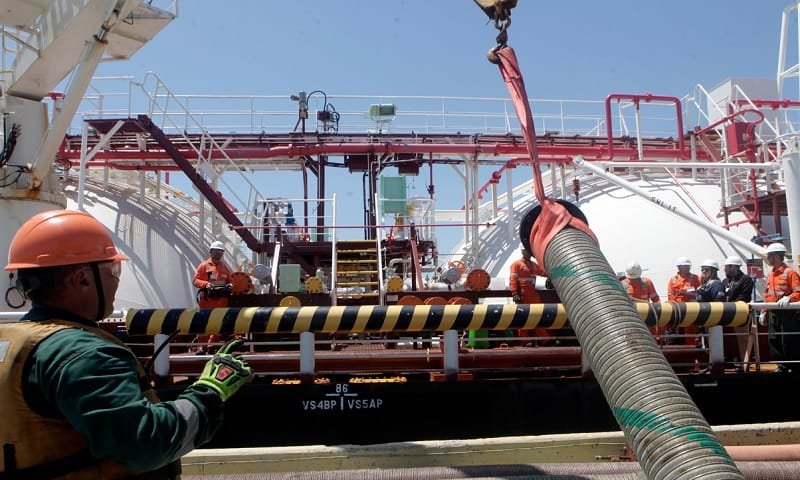Petrobras, a leading global energy company and a key player in sustainable marine fuels. has made a significant move in the bunker market by selling its first Very Low Sulfur Fuel Oil (VLSFO) with renewable content in Asia. The sale of B24—a blend of 76% mineral fuel oil and 24% UCOME (Used Cooking Oil Methyl Ester)—was completed in early February through Golden Island, a licensed bunker trader in Singapore. The fuel, produced by Petrobras Singapore, is set for delivery this month.
The B24 fuel was blended at Jurong Port Universal Terminal, where Petrobras Singapore holds storage agreements for fuel oil and biofuel blends. The bunkering process remains the same as conventional VLSFO, with the fuel first loaded onto bunker vessels before being supplied to ships. This development aligns with the increasing demand for sustainable marine fuels as the industry moves towards lower-carbon solutions.
Claudio Schlosser, Director of Logistics, Commercialization, and Markets at Petrobras, emphasized the strategic importance of the sale, stating, “The commercialization of VLSFO with 24% renewable content in the Asian market is in line with Petrobras’ strategy of developing new products towards a low-carbon market, innovating to generate value for the business, and enabling solutions in new energy and decarbonization.”
ISCC EU RED Certification Secured in Brazil
Earlier last month, Petrobras achieved ISCC EU RED (International Sustainability and Carbon Certification – European Union Renewable Energy Directive) certification, allowing it to market renewable-content bunker fuel at the Rio Grande Terminal (TERIG) in Rio Grande do Sul, Brazil. This certification enables the company to sell VLS B24 bunker fuel, which contains 24% biodiesel.
The ISCC EU RED certification is a globally recognized standard for verifying the sustainability and carbon footprint of bio-based fuels. The certification ensures that Petrobras VLS B24 meets stringent sustainability criteria, positioning it as a certified marine renewable fuel.
Petrobras has been advancing renewable bunker fuel production in Brazil, having received regulatory approval from the National Agency of Petroleum, Natural Gas, and Biofuels (ANP) in July 2024 to sell bunker fuel with renewable components. The ISCC certification follows extensive testing at TERIG, which began in late 2022.
Compared to conventional VLSFO, VLS B24 can reduce greenhouse gas emissions by approximately 20%, depending on the feedstock used for biodiesel production and full life cycle emissions analysis.
About Petrobras
Petrobras, officially known as Petróleo Brasileiro S.A., stands as Brazil’s largest energy corporation and one of the world’s largest oil and gas companies by market capitalization. With operations spanning across exploration, production, refining, and distribution, Petrobras plays a pivotal role in Brazil’s economy and global energy markets. The company has a proven track record in technological innovation and sustainable practices, exemplified by its pioneering efforts in deep-water oil exploration and commitment to reducing carbon emissions. Petrobras continues to lead the way in advancing Brazil’s energy independence and promoting environmental stewardship in the energy sector.
Source Petrobras

